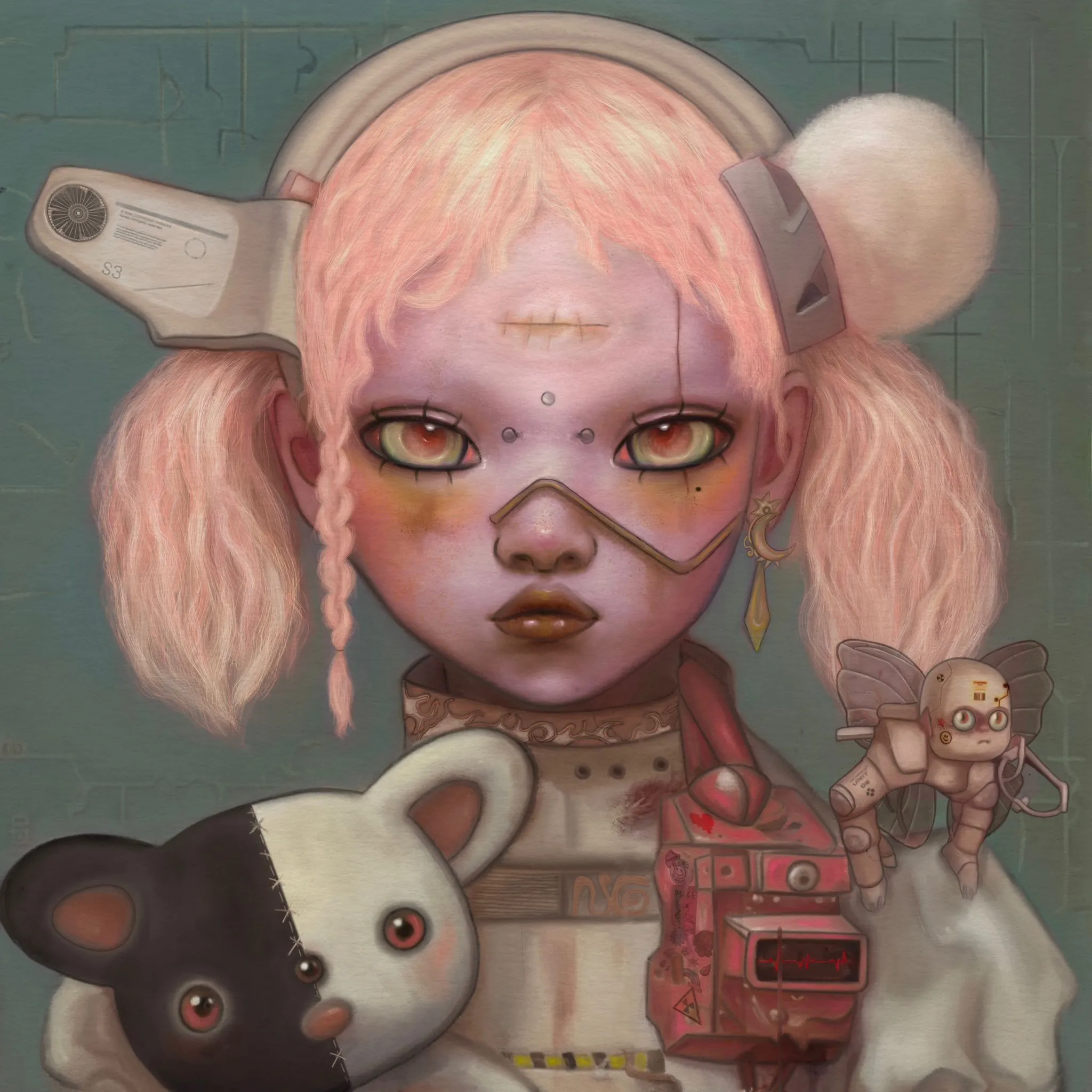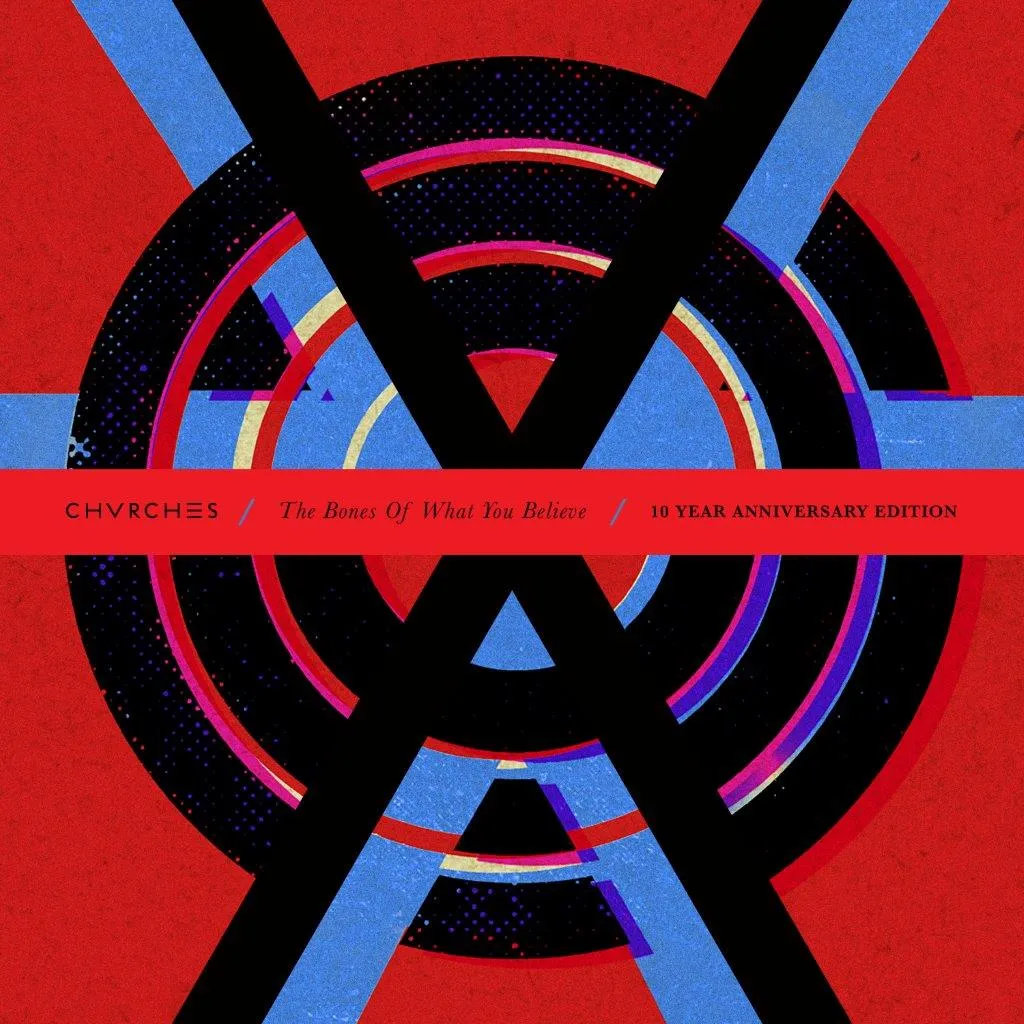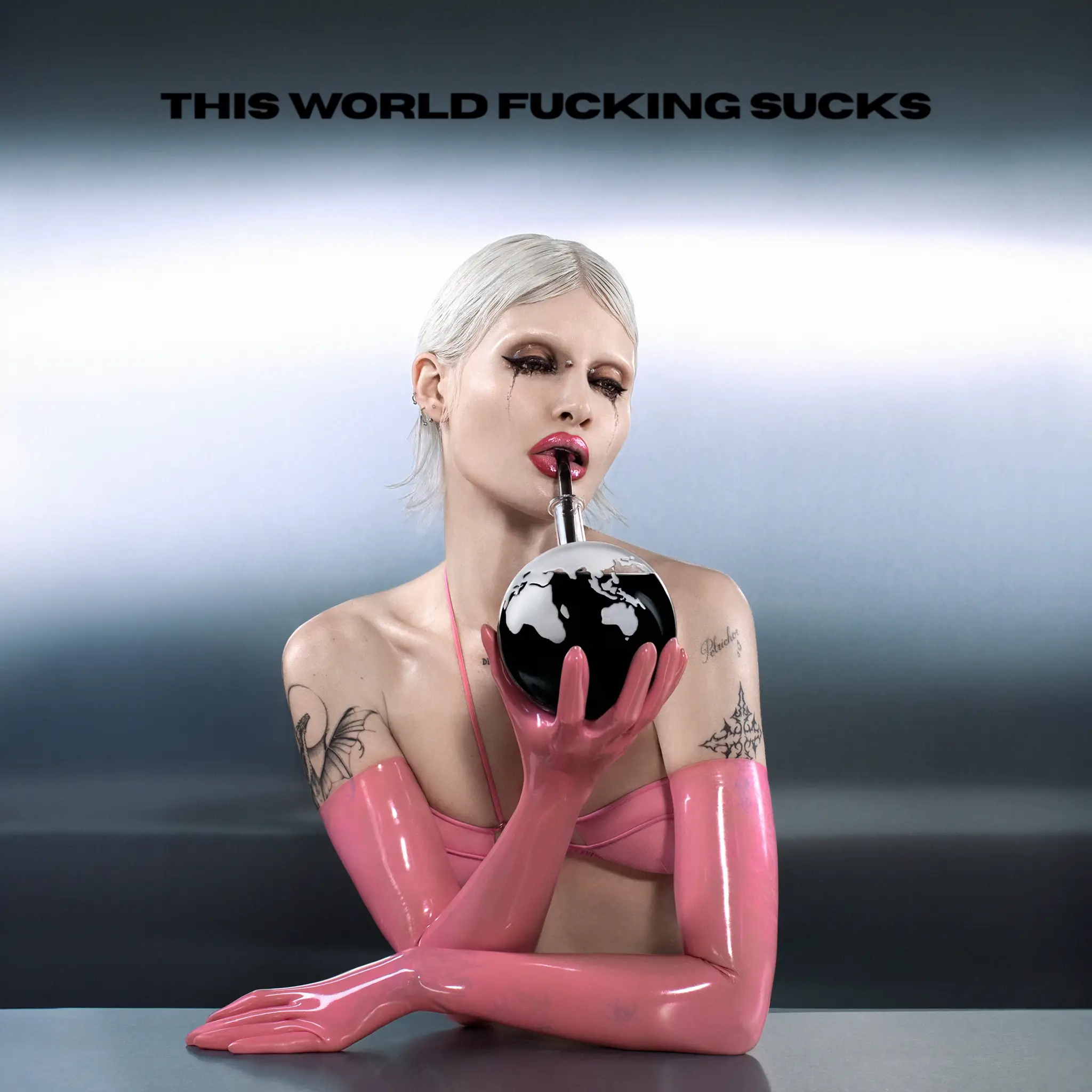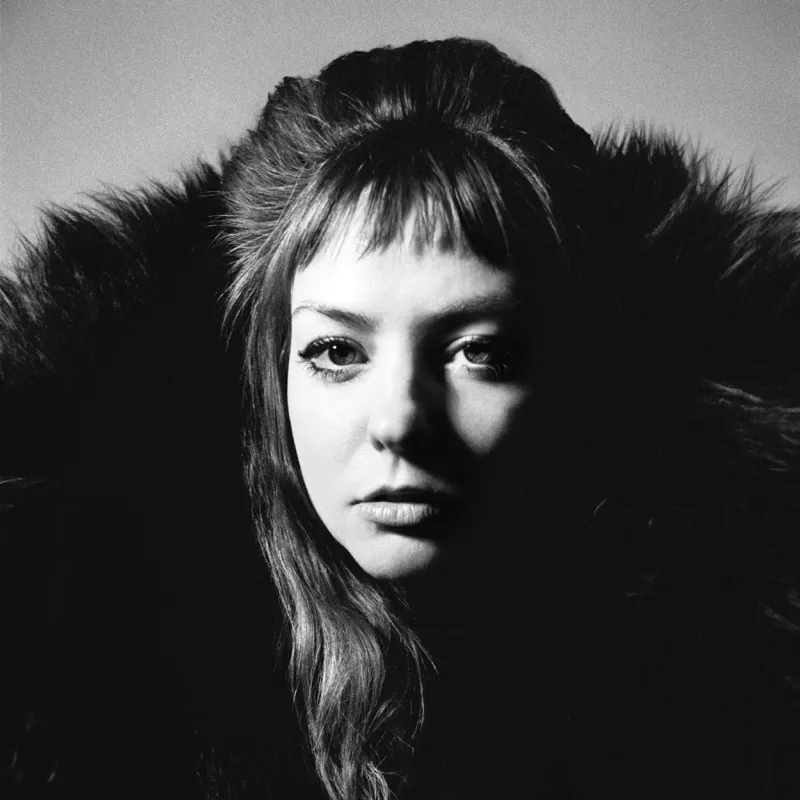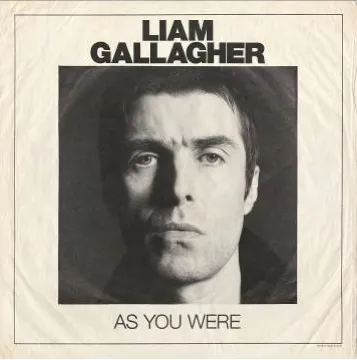Interview Three Trapped Tigers: ‘The Album Is Still Unlistenable To Me’
Tom Rogerson talks to DIY about his aversion to pigeonholing, TTT’s composition process and future plans.
Three Trapped Tigers exist beyond the boundaries of normal categorisation. They transcend our poxy, every-man attempts at pushing them into neatly colour-coded CD collections. These are three mega-talents, remember, before whom we can but wither and bow like the unimaginative, genre-loving scum we are.
TTT’s first three EPs, which make up their most recent release ‘Numbers 1-13’, and their debut album, 2011’s ‘Route One Or Die’, have all unfailingly been greeted with critical laud. The trio have been heralded as the creators of future pop, decades ahead of their time, intelligent to the point of being incomprehensible, creatively inspiring and musically faultless. Wowsers.
Tom Rogerson talks to DIY about his aversion to pigeonholing, TTT’s composition process and future plans for the band.
‘Numbers 1-13’ is an hour-long album of the first songs Three Trapped Tigers wrote and recorded together, already released over three EPs. What prompted its release now as a full collection?
It made sense as we had a gap in between our albums, and the EPs have all sold out and people are quite often asking for copies of them. Also, we’d always envisaged EPs two and three as being part of the whole so even while making ‘EP2’, for example, we were thinking about how it would all sound as part of a very long EP collection.
You have previously rejected attempts to pigeonhole TTT, although critics seem to love the idea, frequently hyphenating multiple genres in an attempt to make you “fit” into a musical classification. Why do you think people do this?
It’s obvious why people do this, I think, as they need some way into the music, and there’s so much hybridisation in music now that just saying ‘rock’ doesn’t really mean anything. But along with this, and with the internet where everyone’s a critic, has come a kind of taxonomy industry where self-styled experts are competing with each other over who can nail the most specific genre, and find the most apposite description for a band. Funnily enough, I don’t know any practicing musician who really much cares about how their music is described. Most, like us, rather resent being painted into a scene though, as it seems to imply uniformity where it doesn’t exist. If you’ve set out to make a scene, then that’s fine, or if there’s active evidence of collaboration or exchange of ideas. Even so, it’s a necessary evil. In the end it can only help if a listener is going to be otherwise lost. But I’d prefer it if people didn’t have to bring any pre-existing baggage to our sound (or anyone else’s.) It’s meant to be emotional, sensory, physical, and intellectual all at the same time, and if you’re standing in the crowd trying to decipher which sub-generic banner best fits our music then you’re probably going to be ignoring 90% of the experience.
A better way to classify music, I always think, is ‘which situation is most appropriate for this music?’ or ‘who is this aimed at?’ But that’s why I’m not a critic.
How do you describe your music, just to clear the whole issue up?
Well I tell my parents that it’s loud electronic rock. As I said already though, its ‘purpose’ is to be equally emotive and cerebral at the same time: i.e. we still believe in music as FORM, which is essentially a classical/electronica approach, as well as music as content.
The musical contributions which you each individually make to the music are evident from the first track. Have you developed a failsafe song-writing process as a band?
No: in fact failsafe is entirely the wrong word! If it were safe in any way then it would suck. Beckett said ‘Fail again. Fail Better’ to describe his writing process, and that pretty much nails it. We have a process we go through which varies a bit but which seems to work for us in terms of eventually yielding a final product. But none of us is ever that happy with the stuff, and for example I’ve only just been forced to rehear ‘EP3’ for these gigs we’re doing and I now really love it with two years distance from it. The album is still unlistenable to me.
Your third gig was at Reading Festival. You’re now releasing your first songs again after the successful LP ‘Route One Or Die’ was released last year. Does it feel as if you’re taking an unconventional route?
Yes, I think we were always going to do things unconventionally, just because that’s the nature of the music. It wasn’t really ever going to take the world by storm, or dominate Absolute FM’s drivetime slot, so you have to temper your expectations and working practices to that fact. At first, in fact, the three of us had a hard time even committing to things, which slowed down the process a fair bit, as we’ve always been involved in loads of other projects. Looking back, there are some things I regret actually, but we made our choices, and they were informed by doing our best for the band and the music even if they haven’t helped in terms of our career! We can’t complain though, as we pretty much hit all our pathetic targets in the first year!
How much has your experience of classical and jazz music affected the way that you compose?
A lot I’d say. I mean writing classical music was all I did and wanted to do until I was about 19. When I meet classical friends today, I describe the band as trying to do classical music in a modern idiom. And the jazz influences are omnipresent as well: improvisation was an essential element of the earlier stuff, and although there isn’t so much of it any more, it’s kind of been learnt by now and fully incorporated such that we barely notice when we are improvising (e.g. Betts’ drumming and Matt’s guitar playing both feature a lot of improvisation, albeit mainly rhythmic and textural/timbral rather than more conventional melodic improv. as in jazz.) Matt and Betts are both far more steeped in jazz than I am, and I can tell that it’s had a huge influence on the way Matt writes, especially his approach to harmony and melody.
Does being in TTT allow you any time to explore side projects?
Yes, it allows us bags of time but we haven’t explored any of them nearly as much as we’d like. All of us are now using this year to get going on a few of them though.
Matt has two bands of his own (Evil Ex and Typewritten) that have been on hiatus for about three years or something and which are slowly coming out of diaphase. He’s also started producing properly (he just did the Gallops album which is out later this year), and is working on a solo deep electro record. Betts has just started his own funk band. I’ve been doing some film music, playing solo shows (most of them improvised), and have got some plans for a couple of other bandy projects I’d like to explore so long as the second album doesn’t get in the way.
Your press release states that you didn’t play all of the tracks from ‘EP2’ in the studio live, and have said that it was therefore “absolutely terrifying trying to recreate them live”. Does this often happen, that the options available while working in a studio make the live performance aspect of it a lot more daunting?
Yes, I mean it happens to everyone. I guess in our case it’s more unusual as we pride ourselves on being able to recreate most of what we do, because that’s kind of built into the concept of the band. If ever a track gets too far from being ‘possible’ then stuff starts getting vetoed and taken out in order to keep it ‘live.’ We cheat and cut some corners, missing out some textural parts, or triggering the occasional loop or sample (still triggered live though: never backing track), but really all our stuff starts from the live premise and then builds up from there. That keeps our shows interesting. It also represents a healthy limitation in writing I’d say.
Despite the time lapses between and the different processes behind these EPs, there is a linearity and fluidity to ‘Numbers 1-13’. How would you explain this?
Well, as I said it was always the idea after ‘EP1’. We could either have done an album straight away which I think would have been pretty immature and weird. So we chose to do three EPs and make them a ‘set’, each one exploring a slightly different side of things, and within each one, each track trying out a different concept and testing it to destruction! We knew that we’d end up with about an hour’s worth of music, and that it would therefore kind of count as a debut album but one of a lot more scope than most debut albums. So by the time of ‘EP3’ we were thinking, ‘how do we shake it up a bit’ and ‘how do we avoid repeating ourselves’ with the conscious thought of the listener working their way through the EPs on the same disc.
Are there any artists out there who you are really impressed by?
Yes, absolutely hundreds!
What’s the next move for Three Trapped Tigers?
Second album. We’re touring the EPs first, which is going to be really fun, and we hope to get a few festivals or whatever. But really, it’s time to get on with stepping it up a bit and changing it up as well. If we haven’t got a good album by the end of the year, I’ll be disappointed.
Three Trapped Tigers’ new album ‘Numbers 1-13’ is out now via Blood & Biscuits. The band will play London’s The Arch at Village Underground tonight (14th March).
Read More
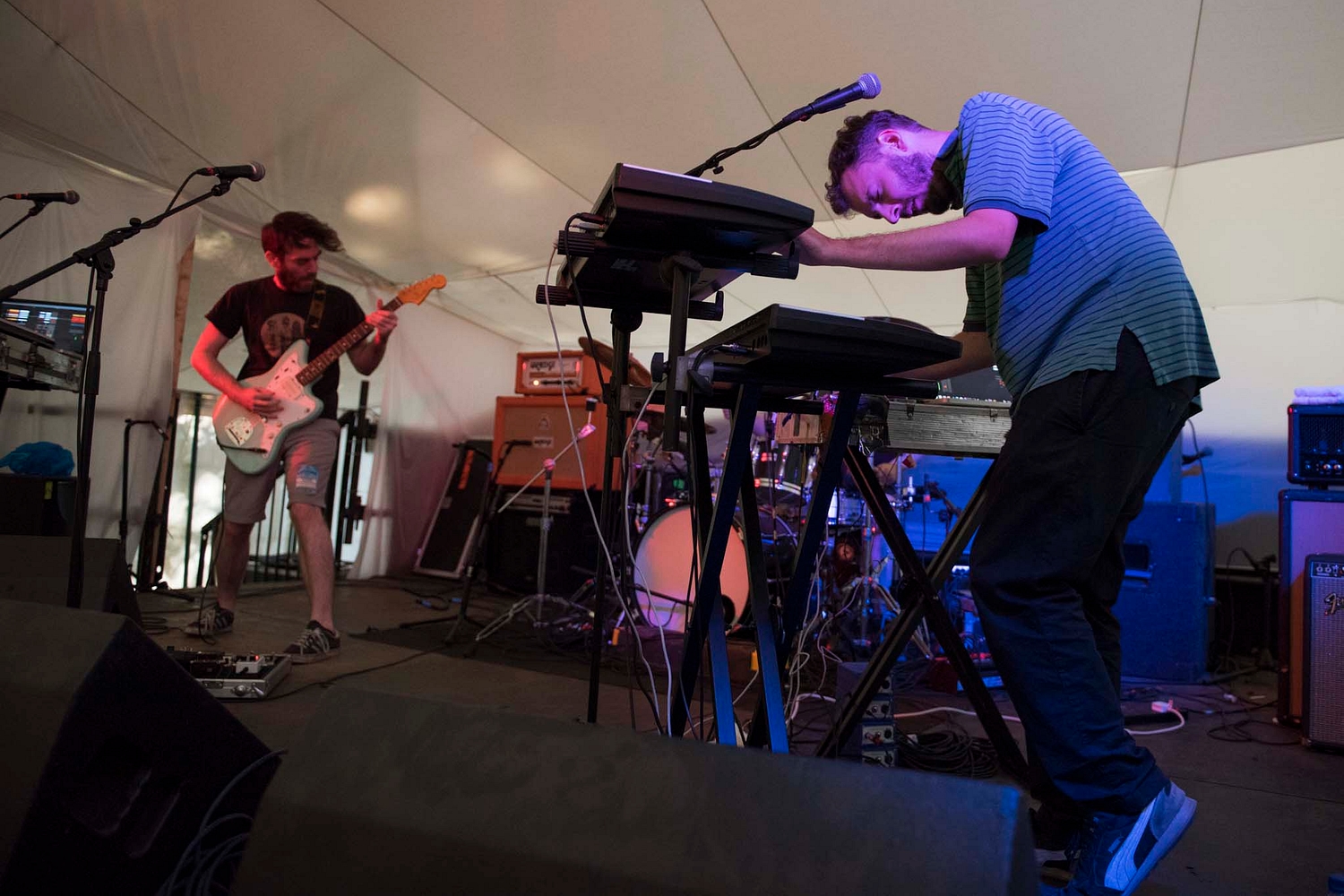
Three Trapped Tigers announce UK & European shows
The band have announced plans for five shows and have shared a live video for 'Engrams'.
15th August 2018, 12:00am

Three Trapped Tigers bring the noise at Latitude 2016
Three Trapped Tigers stake their claim to this intimate corner of the site with ease.
17th July 2016, 12:00am

Three Trapped Tigers - Silent Earthling
4 Stars
'Silent Earthling' is far from an reinvention: it's simply Three Trapped Tigers adapting and tinkering.
1st April 2016, 10:00am
DIY Presents: Three Trapped Tigers, McClusky’s, Kingston
Prior to their upcoming stint with Deftones, Three Trapped Tigers are going to play a very special warm up show…
9th January 2013, 10:15am
Featuring SOFT PLAY, Corinne Bailey Rae, 86TVs, English Teacher and more!
